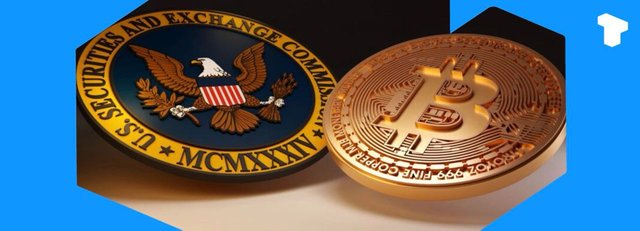
Bank failures can have far-reaching consequences, impacting not only financial institutions but also the broader economy and the lives of individuals. When a bank fails, it means that it is unable to meet its financial obligations, leading to a disruption in the normal functioning of the financial system.
The causes of bank failures can vary, ranging from poor management and risky investment practices to external economic shocks. In some cases, a domino effect may occur, where the failure of one bank triggers a chain reaction, affecting other interconnected institutions. The collapse of Lehman Brothers in 2008 serves as a stark example of how the failure of a major financial institution can contribute to a global economic downturn.

One of the immediate consequences of a bank failure is the loss of depositor funds. While many countries have deposit insurance schemes to protect a certain amount of individual deposits, large-scale failures can still lead to significant losses for depositors. This loss of confidence in the banking system can result in a run on other banks, further exacerbating the crisis.
Moreover, bank failures can disrupt credit markets, making it difficult for businesses and individuals to access financing. This, in turn, can lead to a contraction in economic activity, job losses, and a general economic downturn. Governments often intervene in such situations to stabilize the financial system, using measures such as bailouts, nationalization of troubled banks, or implementing monetary policies to inject liquidity into the system.
To prevent future bank failures, regulatory bodies play a crucial role in overseeing financial institutions, implementing prudential regulations, and conducting stress tests to assess a bank's ability to withstand adverse economic conditions. Despite these efforts, the possibility of bank failures remains a persistent challenge in the dynamic and interconnected world of finance.